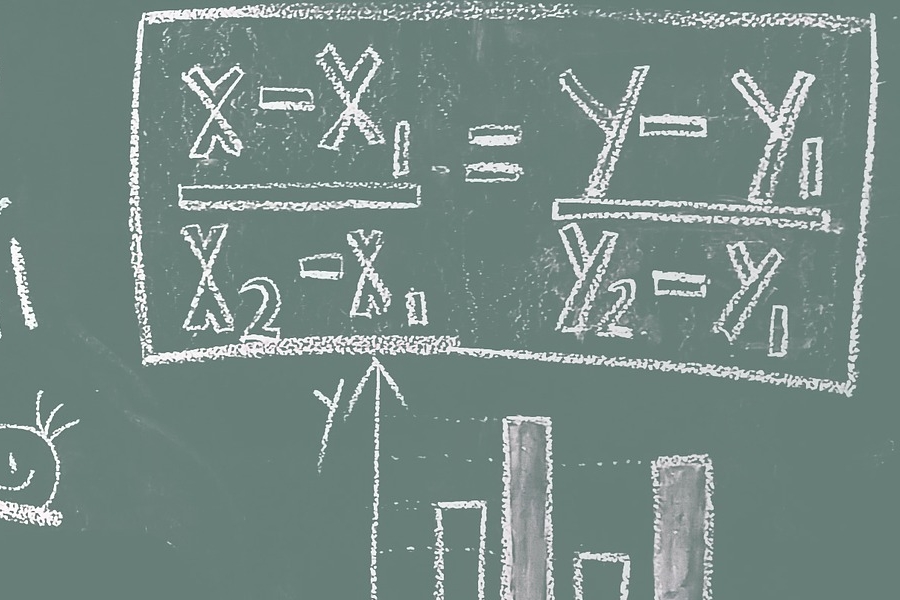A delightful division
Source: Brilliant.
The answer is \(125\,411\,328\,000\).
This problem can be solved by a clever application of the pidgeon hole principle. Suppose \(P\) is equal to the product mentioned above, for arbitrary integers \(a_1,a_2,\dots,a_8\). We can ask ourselves: how many times can we consecutively divide \(P\) by \(2\)?
The integers \(a_i\) can either be even or odd, and if two such integers are of the same type, we know their difference is divisable by \(2\). If, let's say, \(5\) integers are odd, we know that \(\binom{5}{2}=10\) pairs in the product consist of two odd integers, thus with a difference divisible by \(2\). The other \(3\) integers would be even, leading up to \(\binom{3}{2}=3\) differences divisible by \(2\). As we do not know how many integers are even or odd, we calculate the least possible number of pairs of numbers of the same parity: \[ \min\left\{\binom{k}{2}+\binom{8-k}{2}\|k\in\{0,1,2,\dots,8\}\right\}=\binom{4}{2}+\binom{4}{2}=12\text{.} \] Next, we can look at the number of times we can consecutively divide \(P\) by \(3\). For this, we look at the residual classes of the eight integers, modulo \(3\). If two integers share the same residual class, we know their difference is divisable by \(3\). Analogous to the arguments above, the minimal number of such pairs is equal to \[ \min\left\{\binom{k}{2}+\binom{l}{2}+\binom{m}{2}\|k+l+m=8\right\}=\binom{3}{2}+\binom{3}{2}+\binom{2}{2}=7\text{.} \] Intuïtively, we consider all next prime numbers below \(8\), i.e. \(5\) and \(7\), and realise that \(P\) must be divisable by \(5^3\) and \(7\), respectively. As prime numbers are obviously pairwise coprime, we can conclude that \(P\) must be divisable by \(2^{12}\cdot3^7\cdot5^3\cdot7\).
However, we have yet to consider the divisibility of \(P\) by \(4\), as this is a prime power. We find at least \(4\) pairs of numbers sharing the same residual class modulo \(4\). For each of these pairs, the difference of the numbers is not only divisible by \(2\) (which we have already taken into account), but also by \(4\). This means \(P\) is not only divisible by \(2^{12}\), but \(2^{16}\). In conclusion, we know that \(P\) is divisable by \(2^{16}\cdot3^7\cdot5^3\cdot7=125\,411\,328\,000\).
By taking specific integers \(a_i=i\), we see that all the above minima are met. You can also check numerically that \(\prod_{i,j=1; i\lt j}^8(i-j)=2^{16}\cdot3^7\cdot5^3\cdot7\). This implies that no integer larger than this will divide \(P\), independent of the choice of \(a_1,a_2,\dots,a_8\).
